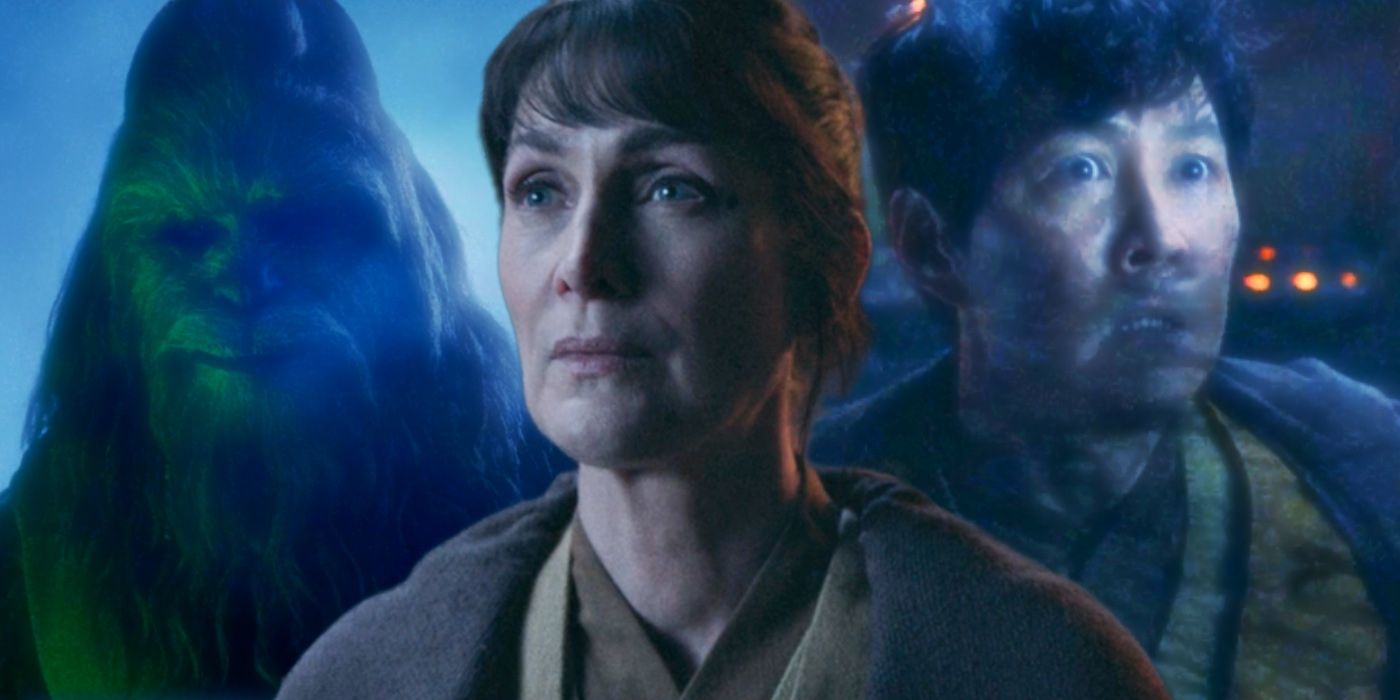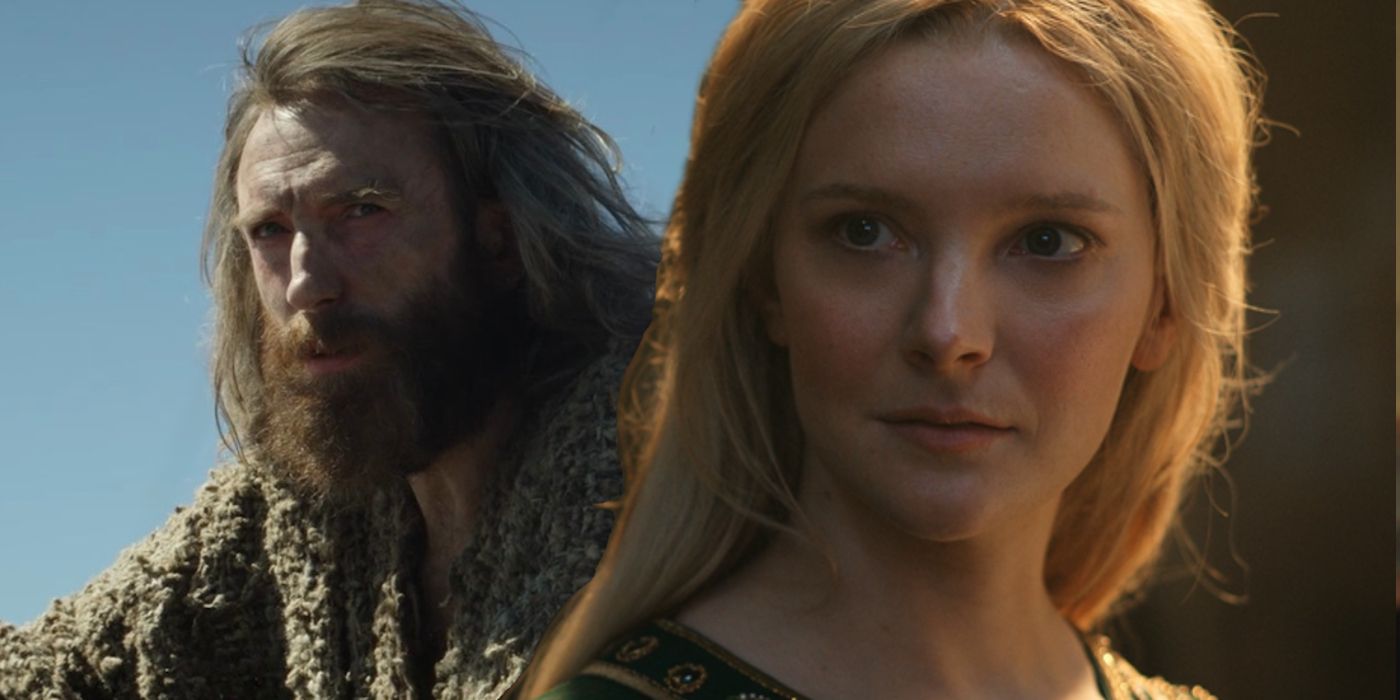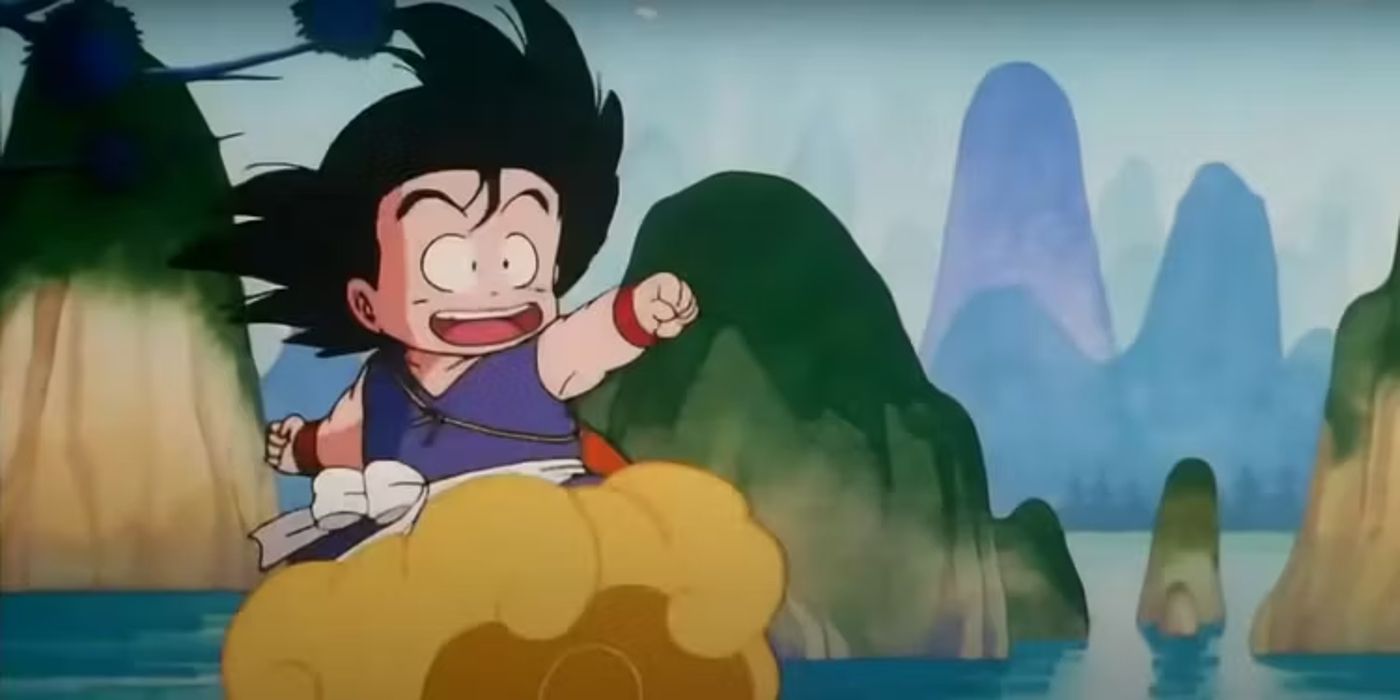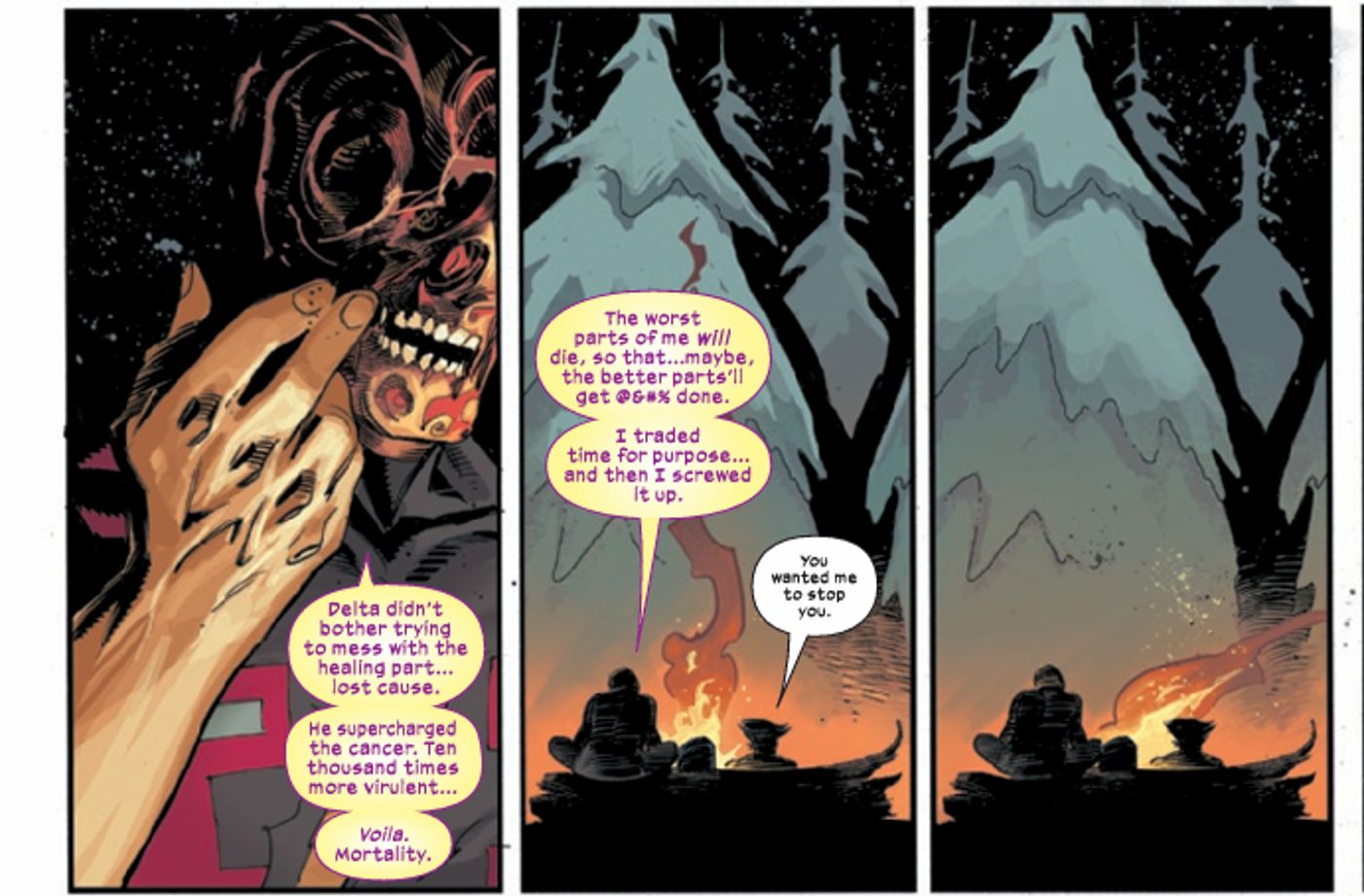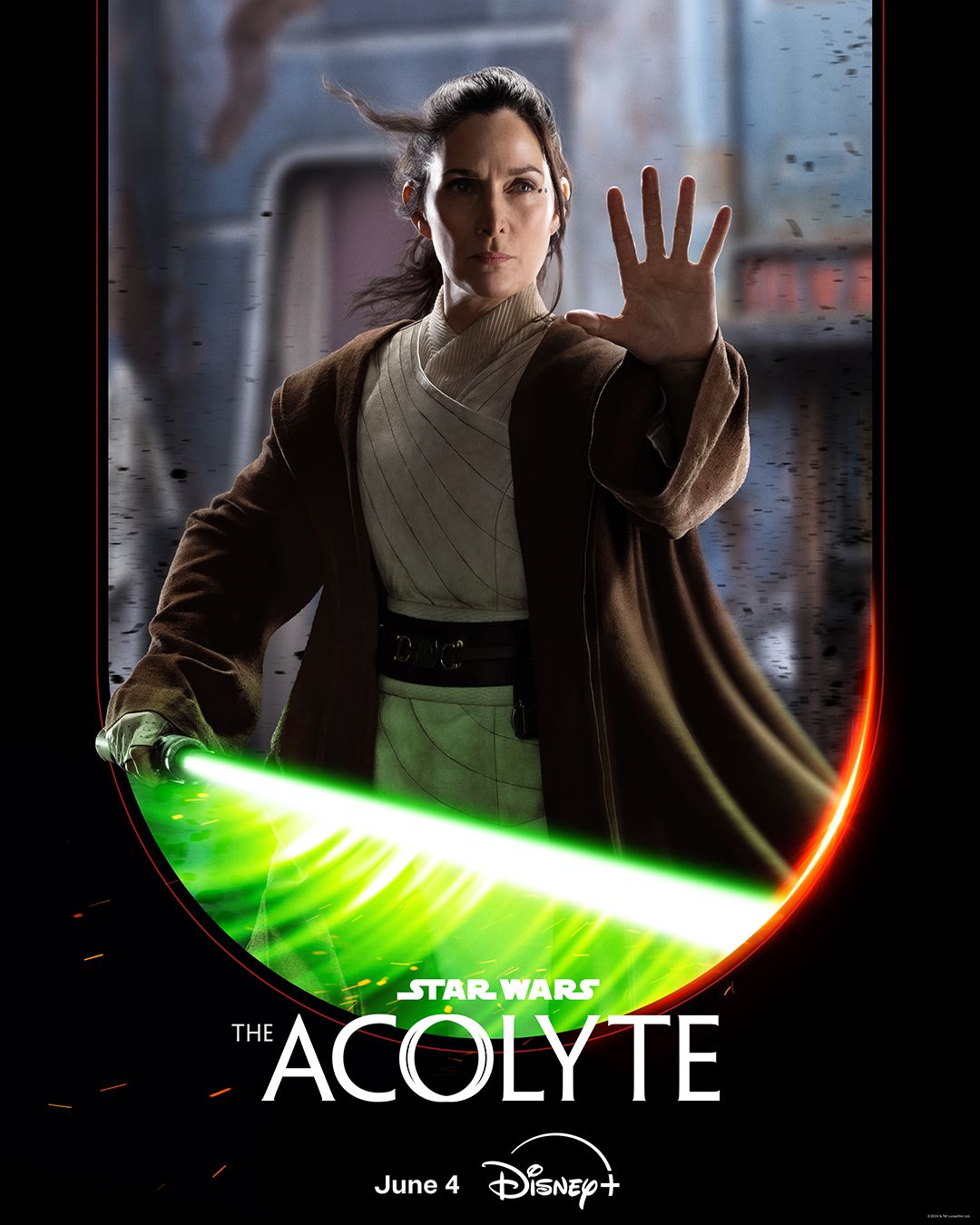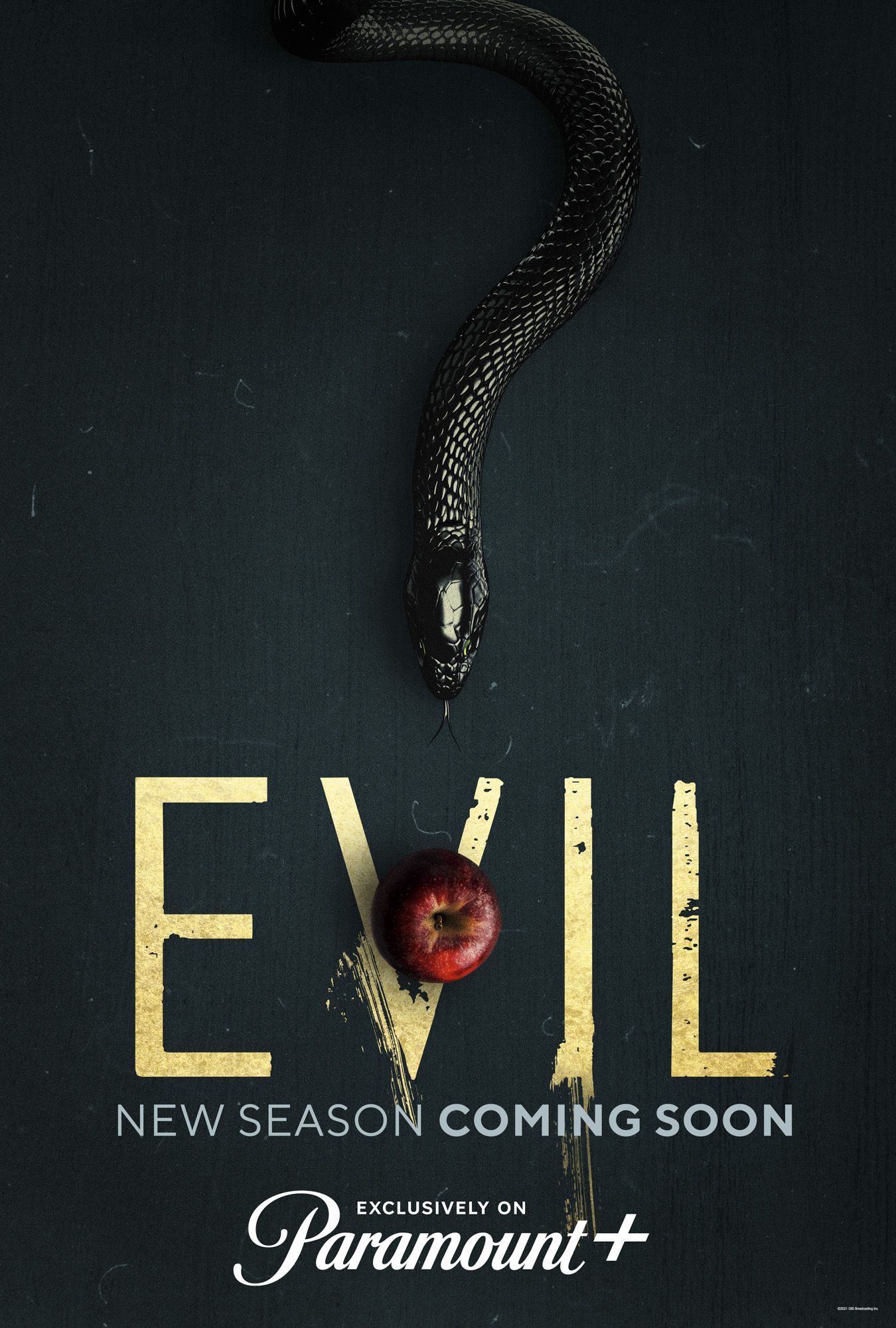Ridley Scott is responsible for the lasting acclaim that Blade Runner has today, but there was a time when the film was very close to being a disaster. The original Blade Runner, which spawned a sequel film in 2017 and a sequel TV series currently in early production, has gained a reputation for being a cult classic and a staple of science fiction cinema. At the time of its initial theatrical release, however, Blade Runner was a box office failure, polarizing among critics for its slow pacing and lack of action.
Now considered to be a legendary film director, Ridley Scott was still early in his directing career when Blade Runner released in 1982. He became known for a meticulous style of work, which helped Blade Runner toward having such a carefully crafted world. Scott’s style of directing not only led to a highly-detailed and intricate film that took decades to be finalized, it also resulted in set drama that almost cost him the power to see it finished.
Ridley Scott’s Blade Runner Director’s Cut Put The Franchise Back In The Spotlight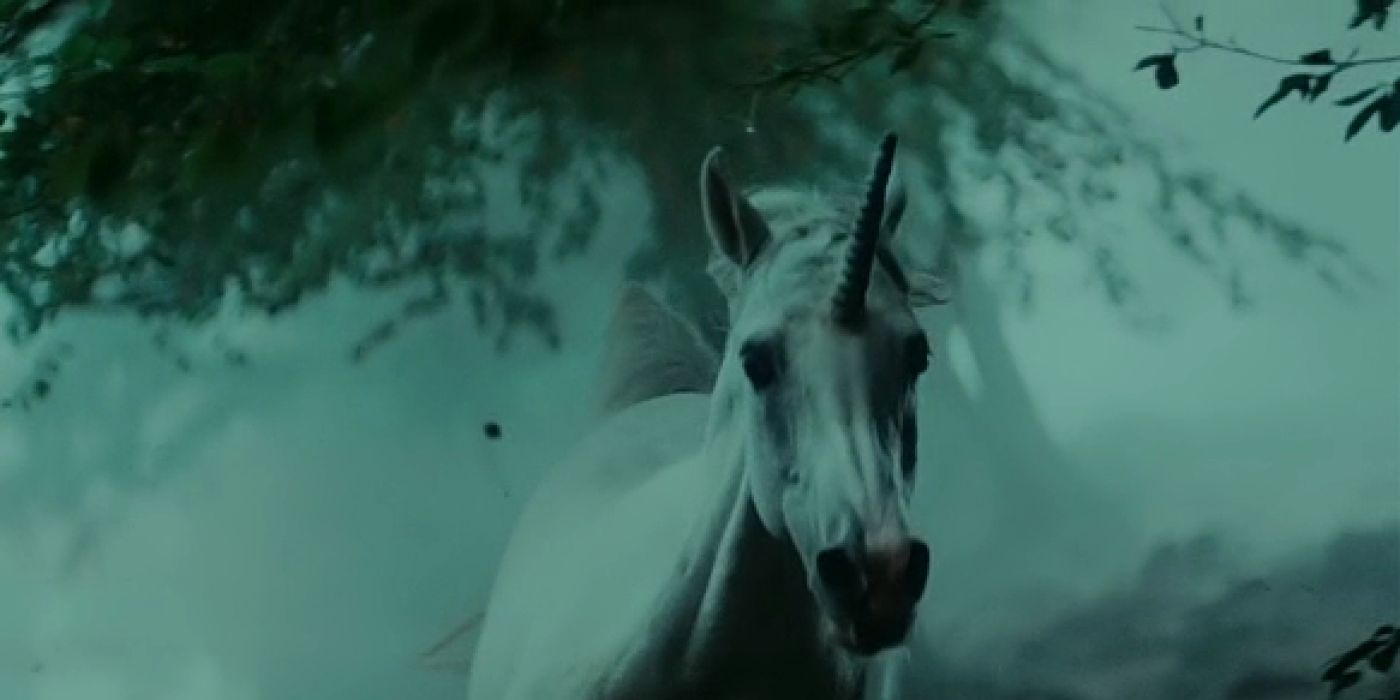
Blade Runner is considered a masterpiece of science fiction now, but the original theatrical release was far from it, with studio pressure forcing Ridley Scott to clarify some of the film’s main mysteries, as well as adding an awful voice-over narration that even Harrison Ford detested. Following the theatrical release, the “Director’s Cut” was released in 1992, which, ironically, Ridley Scott had nothing to do with. He did, however, return for the “Final Cut,” which is considered to be the best version of the film, and the one that ultimately saved the Blade Runner franchise.
The Blade Runner Final Cut fixes some continuity errors, as well as giving the film an overhaul in visuals and sound, offering the aesthetic value the franchise has become known for. The “Final Cut” also restores the unicorn dream sequence and the ambiguous ending Ridley Scott originally intended. By the 2000s, vague endings had become more common again, as opposed to the 1980s which saw Hollywood primarily interested in happy endings. The Final Cut allowed Blade Runner to grow on audiences in a way it had not before, cementing the film’s legendary status.
How Ridley Scott Being Fired Could Have Killed The Blade Runner Franchise
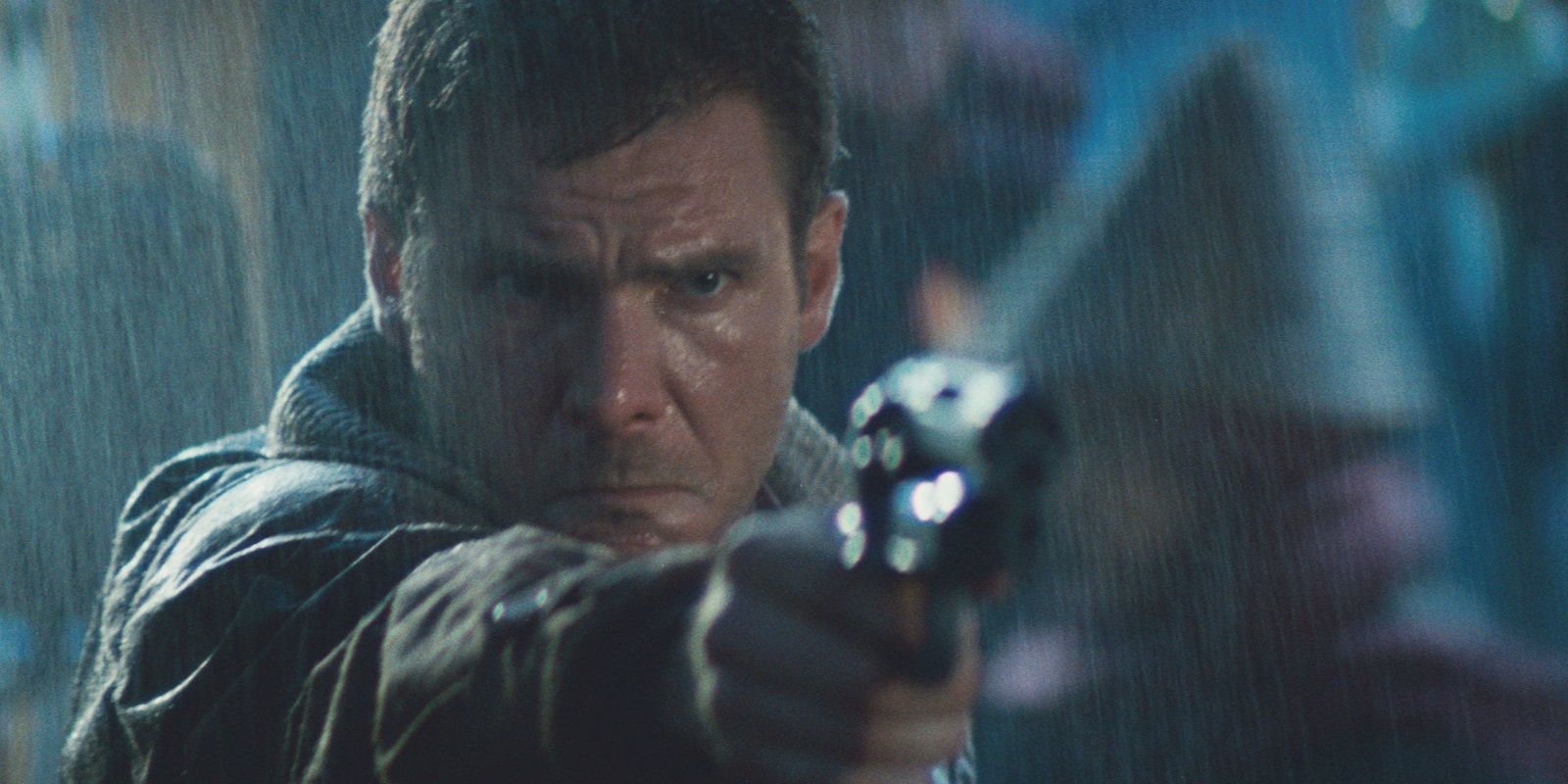
The list of movies and TV shows that have been ruined or almost ruined by studio interference is endless. Blade Runner was given a chance at redemption on the editing floor – a fate not all failed attempts get – but this almost never happened. Ridley Scott was briefly fired from Blade Runner after shooting wrapped, after his meticulous style resulted in shooting going over time and budget, which caused executive producers to step in and lead the editing charge.
Even after bringing Scott back on to finish the film, producers retained artistic control, deciding on the voice-overs to better explain the film’s plot to confused audiences after test screenings. Had Scott’s firing stuck, the best version of Blade Runner would have never come to light. Blade Runner could have been a total disaster if not for Ridley Scott’s reintegration to the film and later permission to release the Final Cut.
